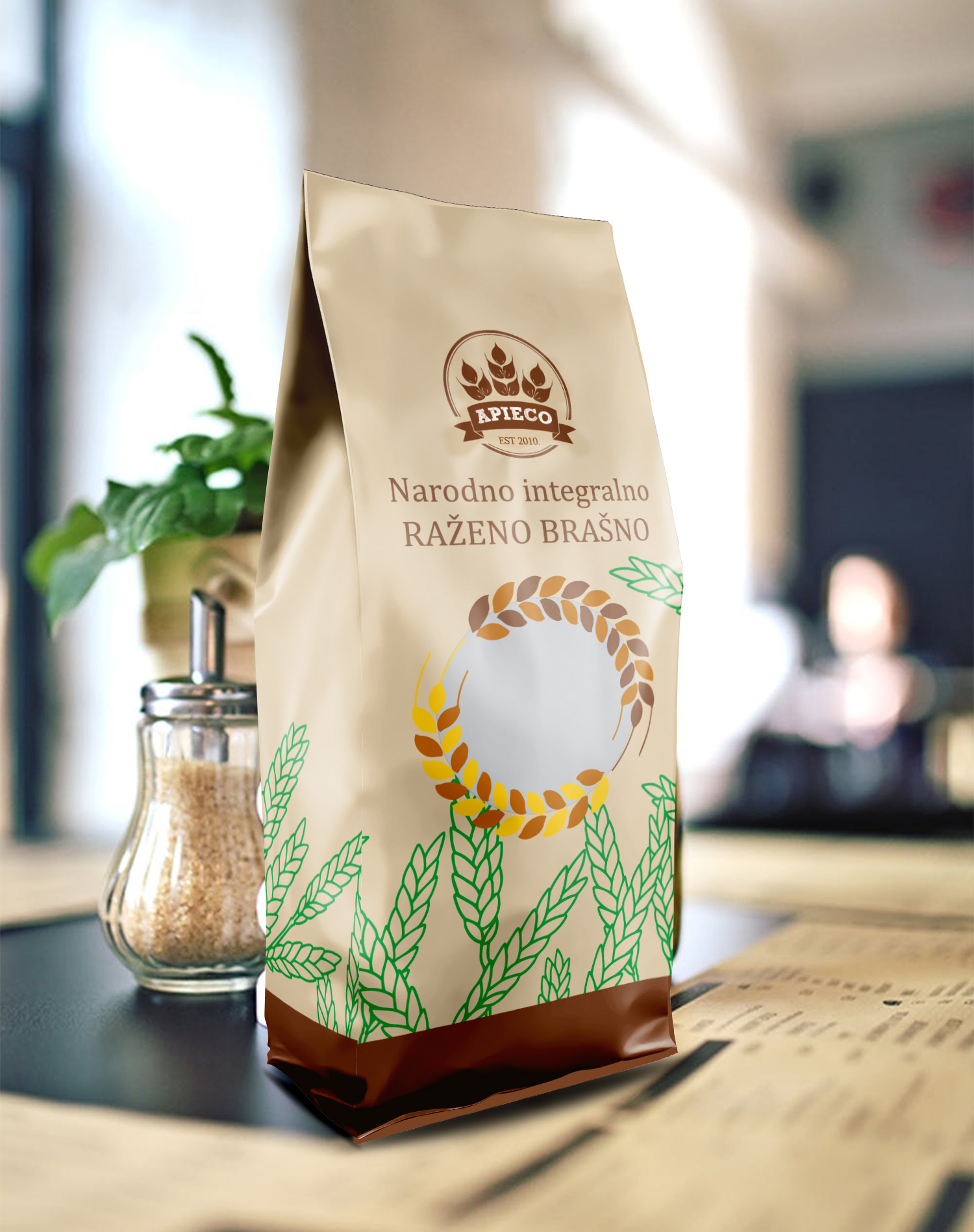
Rye is a plant belonging to the grass family and is specific in that it can be used without any processing since it does not contain an outer protective layer. Rye flour is a rich source of protein and vitamin B complexes (pantothenic acid and niacin), dietary fiber, minerals, calcium, phosphorus, fluorine, iron, magnesium, zinc, manganese, potassium and selenium.
It helps to maintain cholesterol, sugar and as such is very well suited for people with diabetes. Due to the high content of manganese, it improves the nervous system and protects against the harmful effects of radicals on our body. Due to the presence of calcium, it also affects the muscle tone of our body. Integral rye flour prevents bowel and blood vessel disease, improves circulation and slows down the aging of blood vessels.
It is suitable for people exposed to stress, pregnant women, breastfeeding women and the elderly. It is often used as an adjunct to wheat and corn biscuits, thus significantly increasing its freshness.
Nutrition facts
100 g contains the following nutrients:
| Protein | 9 g |
| Carbohydrates | 76 g |
| Fat | 1,5 g |
| Diet fibers | 13 g |
| Minerals | P, K, Ca, Mg, Fe , Zn |
| Vitamins | E,B1 , B2 , B6 , D, K |
| Calories | 354 kcal / 1481 kJ |
Netto: 1000 g

